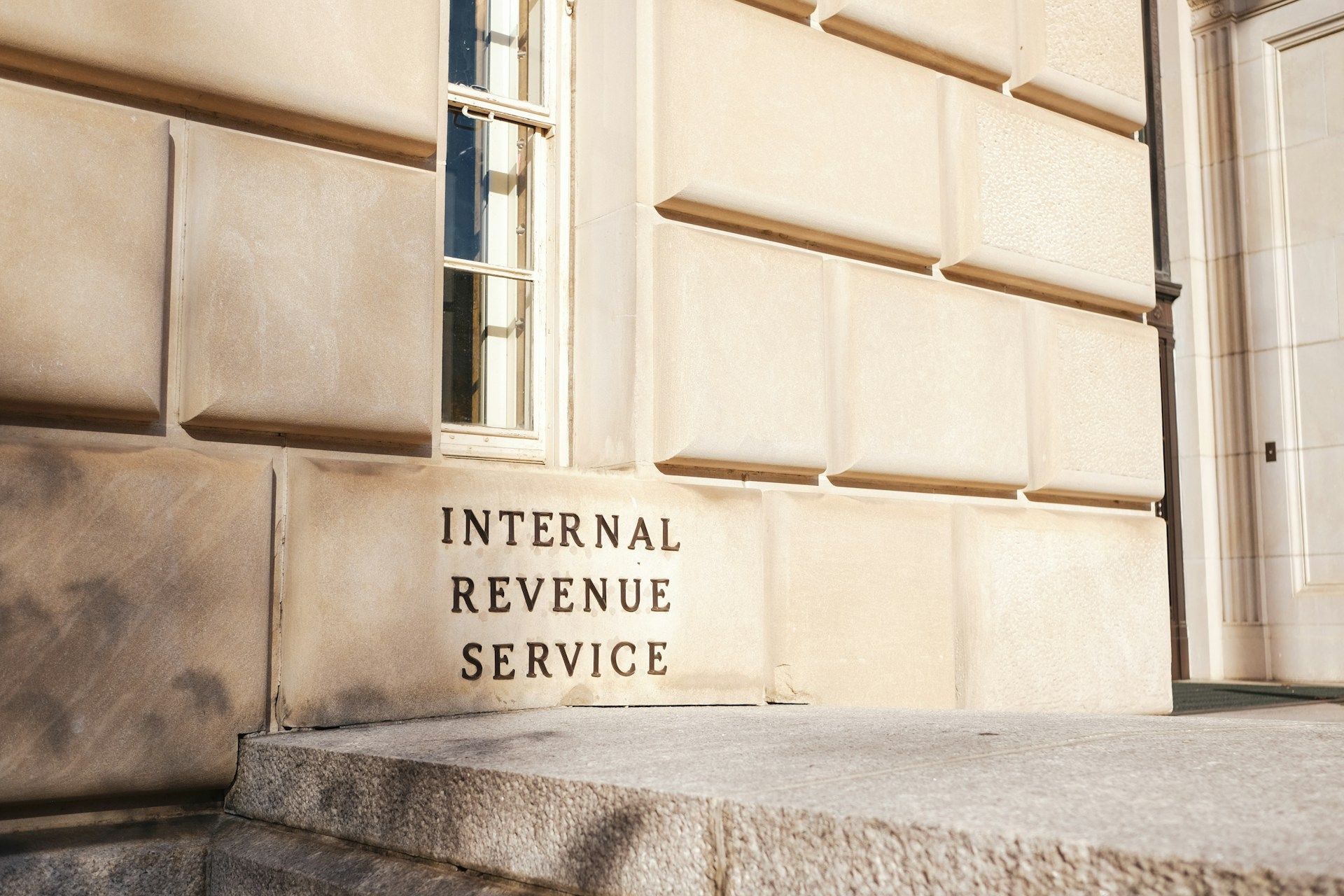
Repeal of IRS DeFi Broker Rule Marks Major Crypto Victory, Yet Challenges Ahead
The recent repeal of the IRS's DeFi broker rule signals a significant win for the cryptocurrency industry, but uncertainty about future regulations looms.
The U.S. Congress has officially overturned the IRS’s controversial decentralized finance (DeFi) broker rule, heralding a significant success for the cryptocurrency community. On Thursday, President Trump finalized the cancellation of this IRS measure.
However, we must be cautious; further challenges are on the horizon.
In December 2024, the IRS sought to impose a sweeping rule mandating DeFi platforms to adhere to traditional crypto broker tax regulations, compelling them to collect extensive user identification and disclosures. This initiative faced immediate backlash, leading various blockchain organizations to legally contest the IRS’s directive shortly after its announcement.
DeFi platforms typically are not structured to gather such data, and implementing this rule contradicted the fundamental principle of DeFi aimed at safeguarding user privacy while maintaining transaction clarity.
Fortunately, the proposed rule is likely to be eliminated altogether under the Donald Trump administration, following a U.S. Senate vote of 70-28 against the ruling on March 26. This vote came after the House of Representatives approved a similar repeal by 292-132 on March 11 and the Senate’s earlier 70-27 vote on March 4.
If enforced, this rule could have severely impacted the U.S. crypto industry and innovation, creating more complex and costly compliance demands. As the head of Koinly, a crypto tax platform, I can attest it would have made our operations significantly more complicated.
However, the struggle is far from over. The ease of repealing this rule stems from its extreme nature, making it unmanageable even for many government officials. Yet, what will happen if the IRS proposes a more discreetly crafted regulation targeting DeFi once again? The success of overturning this rule does not preclude future attempts by the agency.
It is plausible that the IRS may intensify its recruitment of DeFi specialists, especially following the hiring of various crypto experts throughout February 2024.
The IRS asserts it is still missing out on significant crypto tax revenues.
The IRS appears intent on widening its scope concerning crypto taxation, believing that the DeFi landscape, even though privacy-centric, still involves monetary transactions and cannot be sidelined indefinitely. Many anticipate the IRS will react strongly to the rejection of this rule, possibly escalating audits on U.S. crypto users to verify the veracity of their tax filings.
So, what actions should the U.S. crypto sector take? It must not be reactive. Rather than waiting for another stringent IRS directive, it should advocate more vigorously for regulatory clarity concerning DeFi to thwart uninformed and overreaching rules from reappearing.
Now is a critical period for advocating equitable IRS tax regulations.
While crypto advocacy groups are already making commendable efforts towards this goal, the industry must enhance its persuasive strategies—particularly in urging for laws that differentiate genuine brokers from decentralized smart contracts, ensure equitable tax treatment for DeFi participants, and provide unambiguous reporting guidelines that do not stifle innovation.
With Trump in office and a more crypto-friendly climate in Washington, there exists an opportunity to establish sound regulations before an aggressive pendulum swing back to strict enforcement occurs. This provides a four-year window to shape appropriate frameworks.
During this proactive phase, as the crypto industry engages with Trump, it should guarantee that these rules are adequately established, clarified, and codified into law. Failing to do so could expose the industry to a more burdensome regulatory environment under a future administration that may be less accommodating towards decentralized technologies.
The IRS’s previous DeFi broker rule should serve as a cautionary tale: until an effective regulatory framework is implemented, authorities will persist in attempting to impose severe rules on a domain they scarcely comprehend.
Next time, the crypto sector might not be as fortunate in attaining sufficient votes for a repeal.


